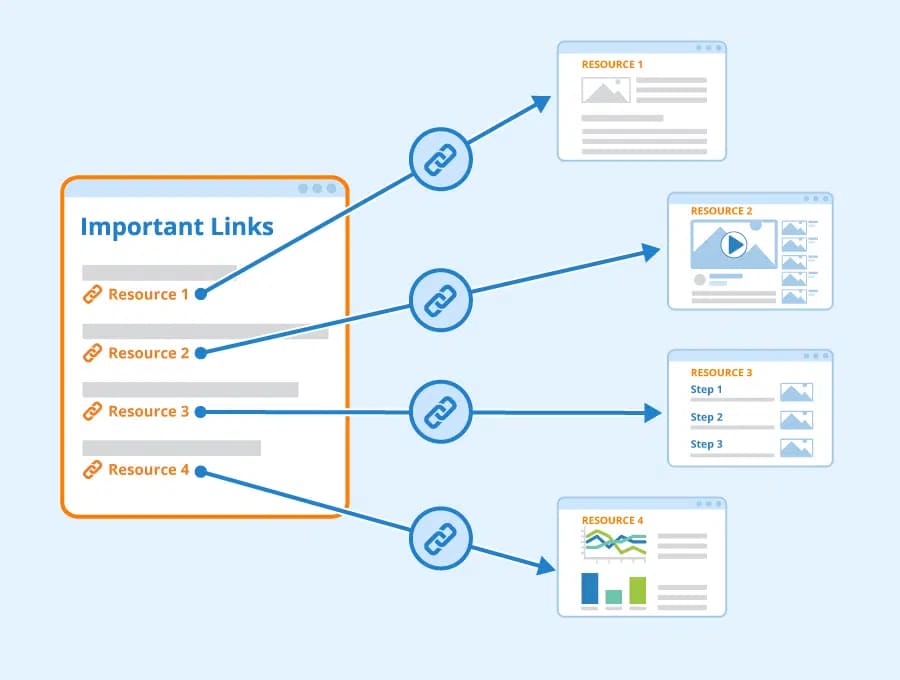- Clearly define its services using structured data (schema markup).
- Provide well-organized, fact-based content about surf training programs.
- Get mentioned in authoritative sources like travel guides, tourism websites, and sports-related blogs.
AI recognizes entities, brands, and concepts rather than just scanning for links. Websites that fail to properly define their content risk being overlooked in AI-generated answers.
- Write fact-based, well-structured content that AI can extract easily.
- Use concise, clear headings to help AI understand topic hierarchies.
- Implement FAQ schema to format answers in a way that aligns with AI search behavior.
With these fundamental shifts in search behavior, let’s explore how to optimize your website to be AI-friendly.
- Use short, clear sentences to improve readability.
- Structure content using H1, H2, and H3 headings to organize topics logically.
- Focus on long-tail, conversational keywords rather than repetitive short phrases.
- Ensure content is informative and context-rich, avoiding filler text.
For example, rather than writing:
❌ We offer the best surf lessons in Bali for beginners and advanced surfers. Our team provides training to improve skills and confidence in the water.
A more AI-friendly version would be:
✅ Noethera Surf School in Bali provides structured surf lessons for beginners and advanced surfers. Our certified instructors focus on improving technique, confidence, and wave-reading skills.
AI favors content that provides valuable, structured, and easy-to-interpret information over keyword-heavy, generic descriptions.
- Organization Schema → Defines business name, address, and services.
- FAQ Schema → Helps AI extract question-answer content.
- Product & Service Schema → Highlights specific offerings to improve visibility.
- HowTo Schema → Structures instructional content for step-by-step AI-guided responses.
- Compress images and enable lazy loading to improve load times.
- Use a Content Delivery Network (CDN) for better speed performance globally.
- Test website responsiveness using Google’s Mobile-Friendly Test.
A slow website not only affects traditional SEO rankings but also impacts AI-driven search visibility.
<meta name="robots" content="index, follow">This ensures AI and traditional search engines can index and follow links on your page.
- Write in a natural, conversational tone and answer common questions directly.
- Use FAQ-style headings like “How does AI impact SEO?”
- Include long-tail, intent-based keywords to match real speech patterns.









